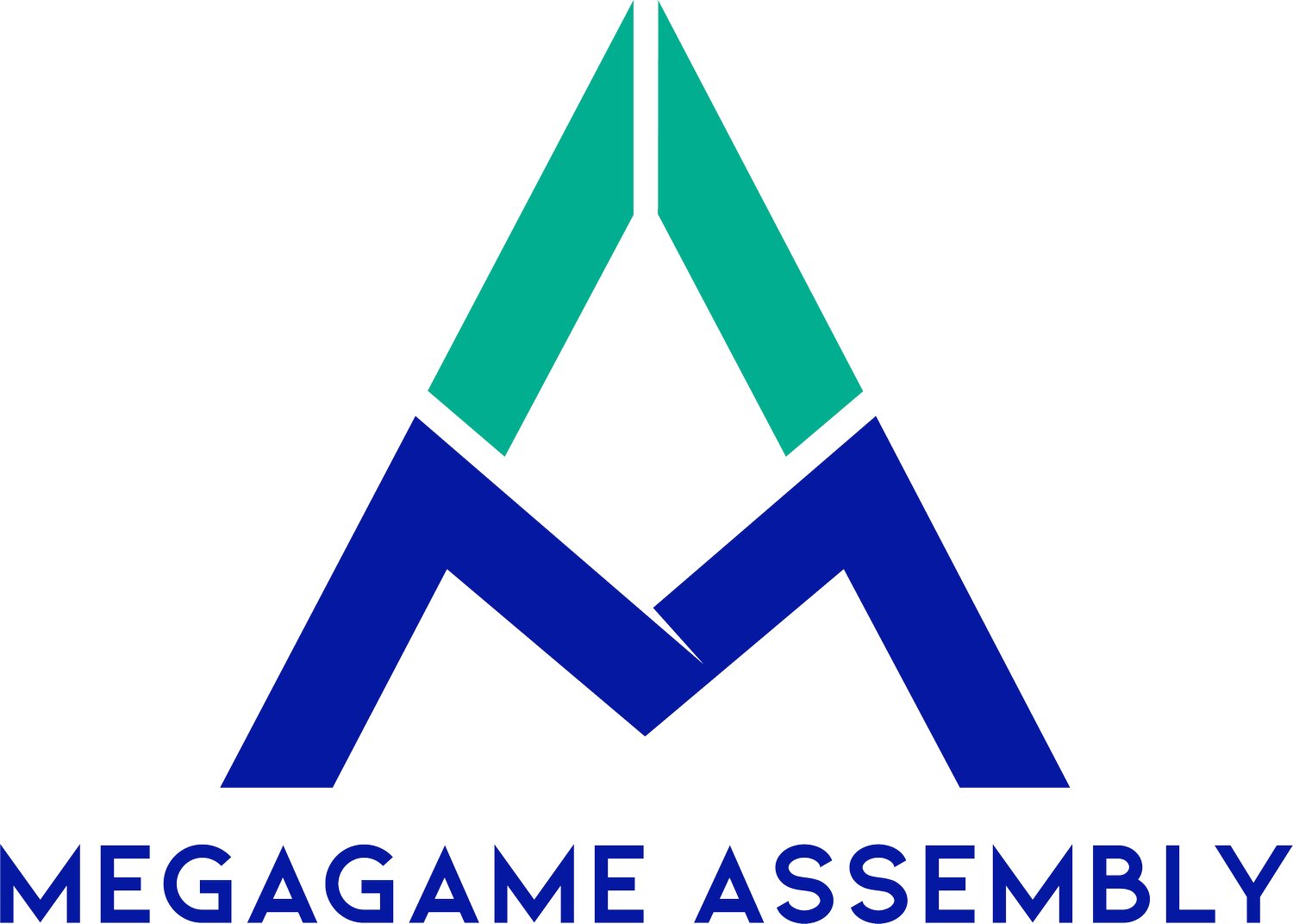How to run a megagame - part 4
Players from Trope High really getting into the game. Credit: Becky Campbell-Ladley
Welcome back to our series on how to run a megagame. Chris Brown is using the experience he gained from running First Contact: 2035 - a 200 player megagame about alien arrival - to pass on what he’s learnt to the wider community.
Tell me who you want to be
A key part of organising your game can include asking the players what team and role they want to play on the day. It’s generally called a casting questionnaire and you can find out a lot more about them from BeckyBeckyBlogs.
For First Contact, we utilised this casting questionnaire which linked the players back to our roles guide. I’ve found that players like to be on the same team as their friends and even if they don’t know exactly what their role will do, they can check out what all the other players are assigned to play when the cast list is released.
Once you’ve assigned the players based on their interests, you can post the entire cast list to a web page, Google Sheet or PDF document that is sent directly to them via email.
Since GDPR came into force, cast lists are rarely published publicly due to concerns about releasing personally identifiable information (PII) publicly. This is a shame, as cast lists can help hype games and according to the UK Information Commissioner’s Office, names alone are not necessarily PII. Generally further identifiers must be combined with a name to identify an individual and this depends on the context of the data collected.
The process to create a cast list can take some time, so you may consider sending out your casting questionnaire around a month or so before the game, and then the cast list a couple of weeks before the big day, once you have cast the players in their roles.
Another benefit of the cast list is it gives those players who want to dress up an idea what they can wear on the day to look the part. Dressing up at megagames is usually optional, but some players like to do it and it can help them with game immersion.
Of course, another option is to allow your players to pick their role at the time of booking. Ticketing platforms often allow you to create ticket groups, for example a four-player ticket on one of the Den of Wolves ships or maps of the venue where you can assign player roles. Once the players have purchased their tickets they choose which roles they would like based on the availability in the team and their interests. To go this route you do forgo the ability to cast known players in key roles, but there is a lot less admin to complete.
Players would likely also benefit from understanding what each role in your megagame does which can be given to them via a free website that you’ve set up. If you can create an outline of what you expect each role to be doing at your game, that would assist potential players to pick what interests them the most. For example, playing on the map or sitting in a council arguing about food distribution all day.
Stay in regular contact
When you have hopefully filled your game to capacity, you’ll need to send all the players the game handbook(s), their team and role briefs, depending on what game you are running. I’d recommend sending the handbooks out between one month and two weeks before the game as this allows your players time to review the content on their own schedule. Some people will read everything straight away, while others will be busy learning about the game’s mechanics on the train to the venue. Either way, at least they will have everything they need in good time.
Another reason to stay in regular contact with your players is to give them information on the game and build hype. Perhaps you want to give out details about the factions in the game in the run up to the big day or do what we did when organising First Contact and set up a dedicated Discord server to allow the players to plot with their team members but also allow control to see what’s happening and think up plot points and give the players advice. Keeping in regular contact with your players shows them you are engaged and on the ball - a real benefit if you want them to let you know if they can’t make the game with as much notice as possible.
You will likely need to stay compliant with GDPR and potentially other regulations when communicating with your players. For example to ensure compliance with GDPR, you must always blind carbon copy (BCC) all the recipients when you send out group emails, but there are other things you need to do too, such as securely storing personally identifiable information that you collect and only ensuring those people who need to process them are allowed access.
If you are not sure what your responsibilities are, then make sure you do research to ensure compliance.
How do you stay compliant with GDPR when organising megagames? Let us know on our Facebook group!
In part 5, Chris discusses checking players into your game and creating components.


